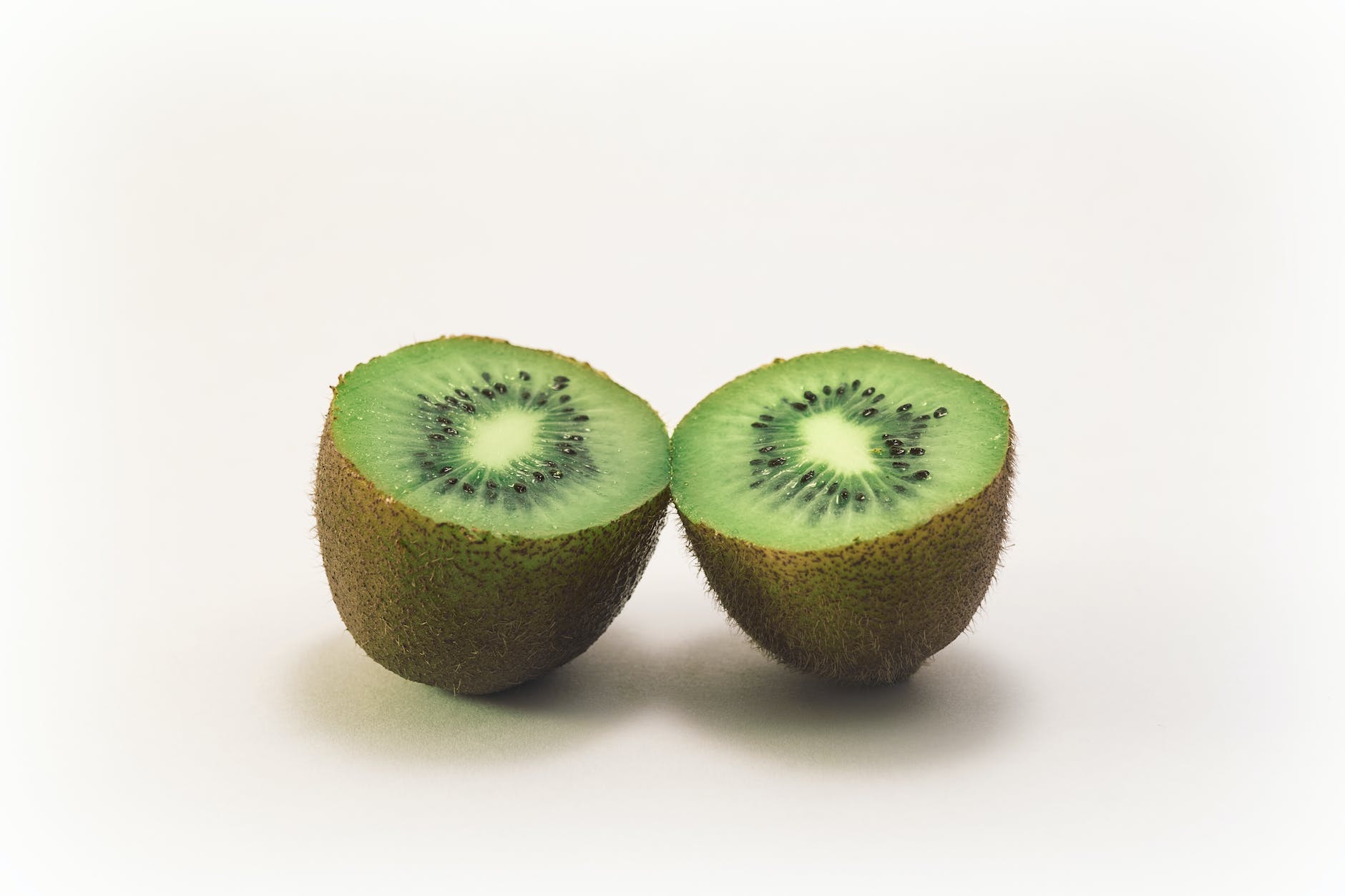
The Comprehensive Guide to Corn Flakes and Weight Loss
Corn flakes have been a breakfast staple in many households for over a century. But with the rise of health consciousness, many are questioning: Are corn flakes truly beneficial for weight loss? Let’s embark on a detailed exploration.
1. The Historical Context of Corn Flakes
The Kellogg brothers, Will and John, accidentally invented corn flakes in the late 19th century. Originally intended as a health food for patients at the Battle Creek Sanitarium, corn flakes have since become a global breakfast phenomenon.
2. What’s Inside the Box? A Nutritional Overview
- Carbohydrates: Corn flakes are primarily made of milled corn, making them high in carbohydrates.
- Protein: They contain minimal protein, which is essential for muscle repair and satiety.
- Fiber: Most commercial corn flakes are low in fiber, a crucial element for digestive health and prolonged fullness.
- Vitamins & Minerals: They are often fortified with vitamins and minerals, including iron, vitamin B, and vitamin D.
3. Corn Flakes and Weight Management: The Real Story
- Calories: A serving of corn flakes is relatively low in calories, but this doesn’t account for the added calories from milk, sugar, or fruits.
- Satiety Concerns: Due to low protein and fiber content, corn flakes might not keep you full, leading to potential overeating later.
- Sugar Levels: Many corn flakes brands add a significant amount of sugar, which can lead to energy crashes and increased cravings.
4. Making Corn Flakes Work in a Weight Loss Diet
- Mindful Portions: Measure out a serving size to avoid overeating.
- Healthy Pairings: Combine corn flakes with protein sources like nuts or Greek yogurt. Add berries or sliced fruit for natural sweetness and fiber.
- Milk Choices: Opt for low-fat or plant-based milk to reduce calorie intake.
5. Potential Pitfalls and How to Avoid Them
- High Sugar Variants: Always check the label. Opt for unsweetened varieties and sweeten with fresh fruit or a drizzle of honey.
- Over-reliance: Diversify your breakfast options. Don’t rely solely on corn flakes for your morning meal.
6. Exploring Alternatives
- Whole Grain Oats: A high-fiber option that keeps you full for longer.
- Bran Flakes: Another fiber-rich alternative with added benefits for digestive health.
- Quinoa or Chia Pudding: High in protein and offers a different texture for breakfast enthusiasts.
7. The Verdict: Are Corn Flakes the Right Choice for Weight Loss?
While corn flakes can be part of a balanced diet, they shouldn’t be the cornerstone of a weight loss plan. Their low protein and fiber content, combined with the potential for high sugar, make them less than ideal for those looking to shed pounds. However, with mindful consumption and the right pairings, they can be enjoyed occasionally without derailing your weight loss goals.
8. Expert Opinions and Studies
Recent studies on breakfast cereals and weight management have shown mixed results. Some suggest that cereal consumption can aid weight loss due to portion control, while others highlight the importance of choosing high-fiber, low-sugar options.
9. FAQs
1. Are cornflakes a healthy breakfast option for weight loss?
While corn flakes are low in calories, they might not be the most satiating option due to their low protein and fiber content. It’s essential to pair them with protein and fiber-rich foods for a balanced breakfast.
2. How many calories are in a typical serving of cornflakes?
A standard serving of unsweetened corn flakes (about 1 cup) contains approximately 100-150 calories, excluding milk or added toppings.
3. Do corn flakes contain added sugars?
Many commercial brands of corn flakes contain added sugars. It’s crucial to read the nutrition label and choose unsweetened varieties if you’re watching your sugar intake.
4. Can I eat corn flakes if I have diabetes?
Corn flakes have a high glycemic index, which means they can cause a rapid spike in blood sugar. If you have diabetes, it’s essential to monitor your portion size and opt for whole grain or low-glycemic index cereals.
5. Are there whole grain versions of corn flakes available?
Yes, some brands offer whole grain corn flakes, which contain more fiber than the traditional version. These can be a slightly better option for those looking to stay full for longer.
6. How can I make my bowl of corn flakes more weight loss-friendly?
Add protein sources like nuts or Greek yogurt and fiber-rich fruits like berries or sliced banana. This combination can help increase satiety and provide a more balanced meal.
7. Is it true that corn flakes can help with digestion?
Corn flakes are often fortified with vitamins and minerals, including iron and B vitamins. However, they are not particularly high in fiber, which is essential for digestion. Pairing them with fiber-rich foods can aid digestion.
8. Can corn flakes help me meet my daily iron requirement?
Many corn flakes brands are fortified with iron. A serving can provide a significant portion of your daily iron needs, but it’s essential to include other iron-rich foods in your diet.
9. Are there gluten-free corn flakes available?
Most corn flakes are naturally gluten-free, but they might be processed in facilities that handle gluten-containing grains. If you have celiac disease or gluten sensitivity, look for brands labeled gluten-free.
10. How do corn flakes compare to oatmeal for weight loss?
Oatmeal is higher in fiber and protein compared to corn flakes, making it a more satiating option. However, both can be part of a balanced diet when paired with the right toppings and accompaniments.










